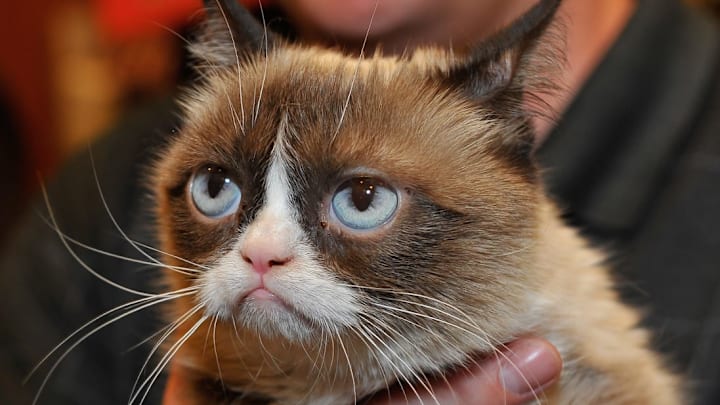By Jenna Scarbrough
Certain fads, catchphrases, dances, and songs bombard our society—nowadays, almost all of these are either born on or popularized through the internet. Grumpy Cat, Rickrolling, Left Shark, Barbenheimer, This Is Fine—all of these ubiquitous cultural sensations have this in common. Some of them stick for a while, some don’t. Those that linger are branded as memes. But what exactly is a meme?
In 1976, English evolutionary biologist Richard Dawkins proposed an idea in his book, The Selfish Gene: What if ideas were like organisms, where they could breed and mutate? These ideas, he claimed, are actually the basis for human culture, and they are born in the brain.
Dawkins’s research is primarily in genetics. He has argued that all life relies on replication. But unlike cells, ideas do not rely on a chemical basis for survival. They begin from a single location—the brain—and spread outward, jumping from one vessel to another, battling for attention. Some ideas are more successful, which may be due to an element of truth they carry, while others slowly die out. Some may not be accurate, but society has accepted these ideas for so long that they are just accepted (think about pictures of Jesus or George Washington; while these may not be what they actually looked like, almost all art now portrays these men in the same way).
Dawkins needed a name for this concept. He proposed calling it mimeme, from the Greek word meaning “that which is replicated.” He wrote in his book, “I hope my classicist friends will forgive me if I abbreviate mimeme to meme.” He felt the monosyllabic word would be more fitting because it sounds similar to gene. “If it is any consolation,” he continued, “it could alternatively be thought of as being related to ‘memory,’ or to the French word même. It should be pronounced to rhyme with ‘cream.’”
Although Dawkins probably couldn’t imagine the possibility of internet memes during his initial research in the ‘70s and ‘80s, he has now accepted the appropriation. Because it’s still viral, he said in a 2013 interview with WIRED, this popularity increase goes right along with his theory that ideas are similar to living things.
A version of this story ran in 2017; it has been updated for 2023.
